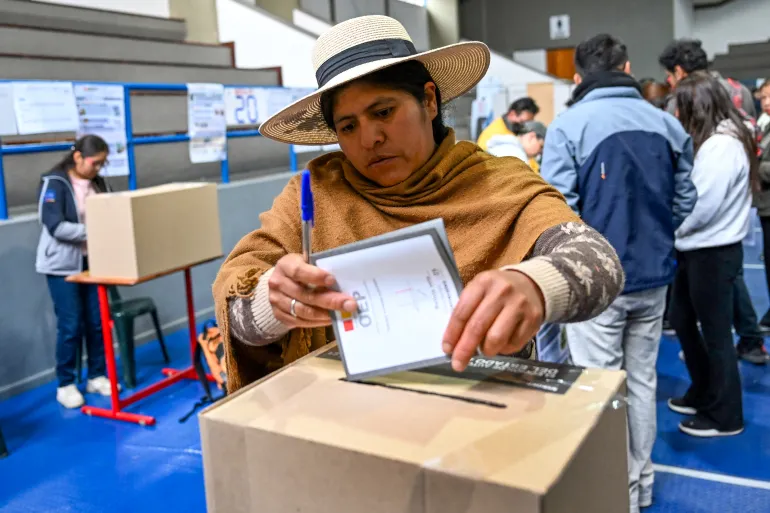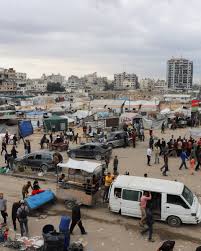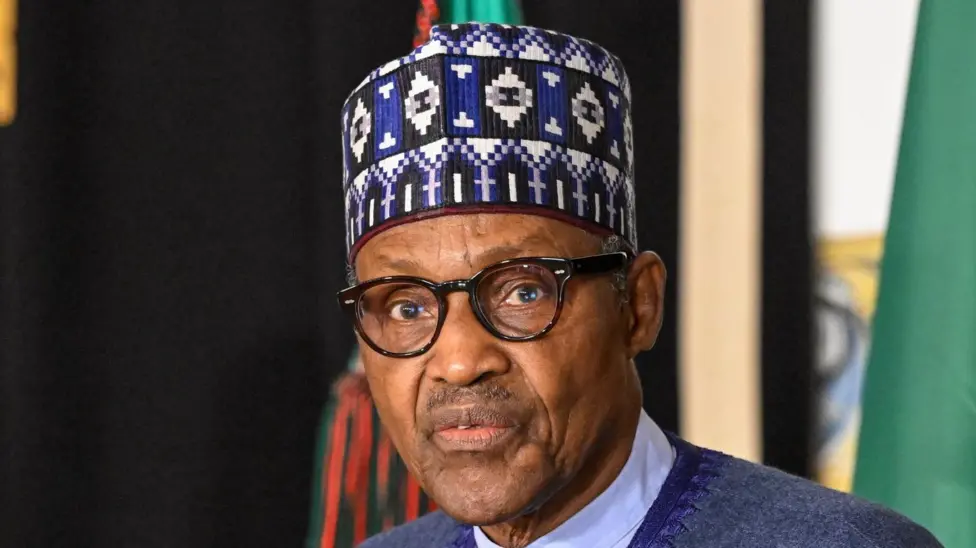Polling stations have closed in Bolivia’s presidential and general elections, which could mark the end of nearly two decades of leftist government.
The Movement for Socialism (MAS), the ruling party that dominated politics under former President Evo Morales, is expected to lose power following an economic crisis and deep divisions within the left.
Voting ended at 4 p.m. local time (20:00 GMT) on Sunday. Preliminary results were expected after 9 p.m., while the official results will be announced within seven days. If no candidate wins more than 50 percent of the vote, a run-off election will take place on October 19.
This election is the first in 20 years where polls predict that MAS will not win. According to an August Ipsos survey, right-wing candidates lead the race by about 10 percentage points over the ruling party.
Eight candidates are running, but two are considered frontrunners:
Jorge “Tuto” Quiroga (65) – a conservative former interim president and U.S.-trained engineer.
Samuel Doria Medina (66) – a centrist businessman and former planning minister.
Both have promised major economic reforms to address the worst financial crisis in a generation, with inflation near 25 percent and shortages of dollars and fuel.
Outgoing President Luis Arce, a former Morales ally, did not run after splitting with the ex-president. Evo Morales, who ruled from 2006 to 2019, was barred from running. Morales has told his supporters—who make up about 20 to 30 percent of voters—to spoil their ballots in protest, a move that could affect the results.
Morales remains influential but is currently hiding in his Chapare stronghold to avoid arrest over alleged statutory rape charges, which he denies.
Bolivia once enjoyed an economic boom under Morales, fueled by gas exports, which helped cut extreme poverty by half. But gas revenues have fallen sharply from $6.1 billion in 2013 to $1.6 billion last year, and lithium resources remain untapped. The government has nearly run out of foreign currency, making it hard to import food and fuel.
Recent months have seen street protests, soaring prices, and long queues for basic goods. Many Bolivians hope this election will bring stability and economic recovery.
Voters also chose 26 senators and 130 deputies, who will take office on November 8.



